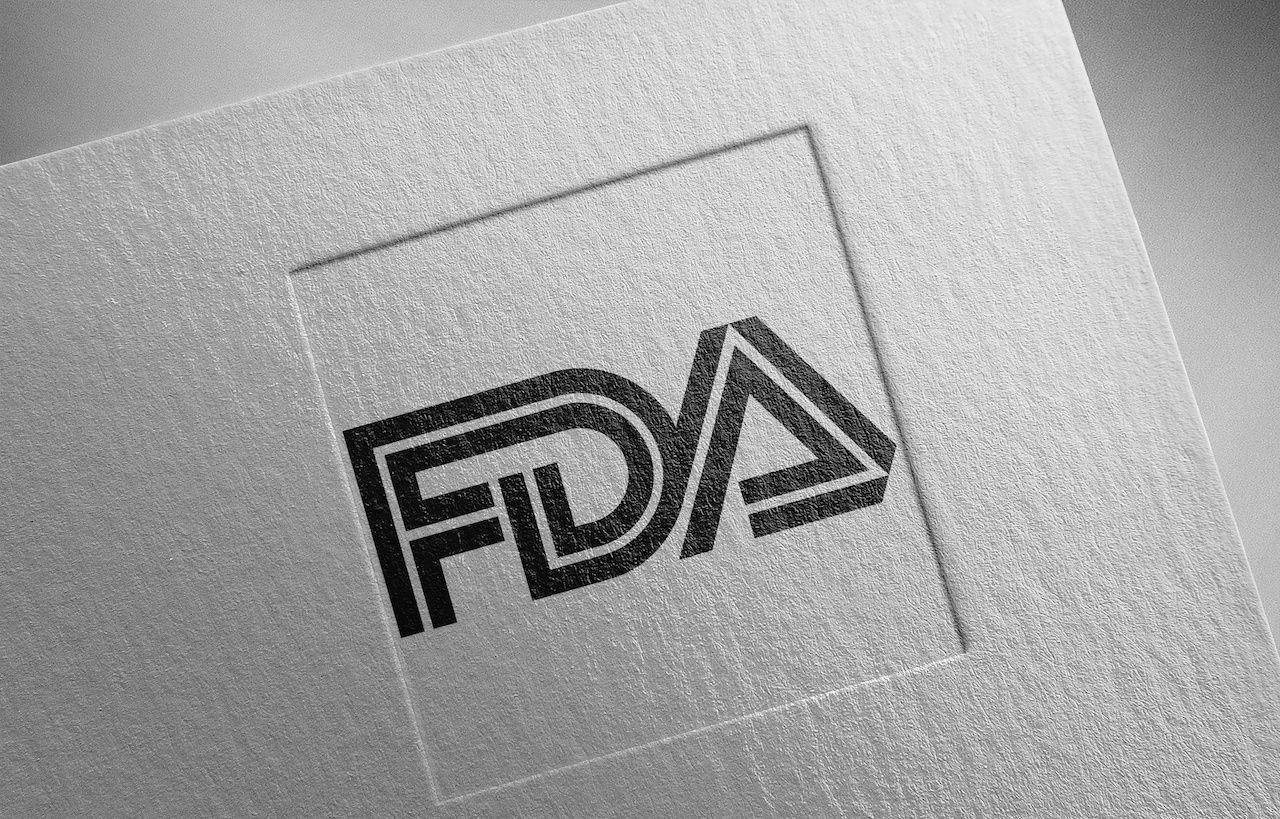- Center on Health Equity & Access
- Clinical
- Health Care Cost
- Health Care Delivery
- Insurance
- Policy
- Technology
- Value-Based Care
Zanubrutinib Plus Obinutuzumab Granted Accelerated FDA Approval for R/R Follicular Lymphoma
The FDA granted accelerated approval to combination zanubrutinib and obinutuzumab for the treatment of relapsed or refractory (R/R) follicular lymphoma following 2 or more lines of therapy.
The FDA granted accelerated approval to combination zanubrutinib (Brukinsa; BeiGene USA) and obinutuzumab (Gazyva; Genentech) for the treatment of relapsed or refractory (R/R) follicular lymphoma following 2 or more lines of therapy, the agency announced Thursday.1
The approval was based on overall response rate (ORR) and duration of response (DOR) data from the phase 2 ROSEWOOD trial (study BGB-3111-212; NCT03332017), which randomized 217 patients with R/R follicular lymphoma who had undergone at least 2 lines of systemic therapy to receive either zanubrutinib plus obinutuzumab or obinutuzumab alone.2
FDA on Paper Texture | Image credit: Araki Illustrations - stock.adobe.com

The ORR was 69% (95% CI, 60.8%-76.4%) among 145 patients who received the combination regimen vs 46% (95% CI, 34%-58%) in 72 patients treated with obinutuzumab monotherapy (P = .0012) at a median follow-up of 20.2 months.2 Of those who responded to treatment, 39.9% of patients treated with the combination experienced a complete response, compared with 19.4% in the monotherapy cohort. Further, 29.7% and 26.4% of patients in the combination and monotherapy cohorts, respectively, experienced partial responses.
The median duration of response DOR at 19.0 months of follow-up was not reached in the combination therapy cohort (95% CI, 25.3 months–not evaluable), compared with 14.0 months (95% CI, 9.2-25.1) in the cohort receiving obinutuzumab monotherapy. In the combination arm, the estimated DOR was 69% (95% CI, 58-78) at 18 months.
Patients in the combination therapy cohort also experienced longer progression-free survival (PFS) at 28 months vs 10 months in the monotherapy cohort (HR, 0.50; 95% CI, 0.33-0.75; P = .0007).
“This accelerated approval of [zanubrutinib] represents an important advancement, offering the first and only BTK inhibitor treatment for follicular lymphoma patients in the U.S. who have either not responded to initial therapies or have experienced relapse,” Mehrdad Mobasher, MD, MPH, chief medical officer, hematology at BeiGene, said in a statement.3 “[Zanubrutinib] is the only BTK inhibitor to date that shows efficacy with this type of malignancy and now has the broadest label, including five oncology indications, of any medication in its class globally. This is a testament to [zanubrutinib]’s differentiated clinical profile and our continued commitment to bringing this much-needed treatment option to patients around the world.”
The most common adverse reactions associated with zanubrutinib in trials were decreased neutrophil counts (51%), decreased platelet counts (41%), upper respiratory tract infections (38%), hemorrhage (32%), and musculoskeletal pain (31%).1 Serious adverse reactions occurred in 35% of patients.
The application for zanubrutinib plus obinutuzumab was granted fast track designation and orphan drug designation by the FDA.
References
1. FDA grants accelerated approval to zanubrutinib for relapsed or refractory follicular lymphoma. News release. FDA. March 7, 2024. Accessed March 7, 2024. https://www.fda.gov/drugs/resources-information-approved-drugs/fda-grants-accelerated-approval-zanubrutinib-relapsed-or-refractory-follicular-lymphoma
2. Flowers C, Zinzani PL, Mayer J, et al. Zanubrutinib plus obinutuzumab versus obinutuzumab in patients with relapsed/refractory follicular lymphoma: updated analysis of the ROSEWOOD study. J Clin Oncol. 2023;41(suppl 16):7545. doi:10.1200/JCO.2023.41.16_suppl.7545
3. BeiGene announces FDA accelerated approval of Brukinsa for the treatment of relapsed or refractory follicular lymphoma. News release. BeiGene. March 7, 2024. Accessed March 8, 2024. https://ir.beigene.com/news/beigene-announces-fda-accelerated-approval-of-brukinsa-for-the-treatment-of-relapsed-or-refractory-follicular/0ae1ffae-3b3c-4df4-99f8-3507c95a352f/
Lymphoma Research Foundation CEO on Biden’s Cancer Moonshot, Financial Toxicity
February 3rd 2022On this episode of Managed Care Cast, we speak with Meghan Gutierrez, CEO of the Lymphoma Research Foundation, about financial toxicity, how the pandemic has affected patients’ financial needs when they have cancer, health care disparities and care gaps, and more.
Listen
